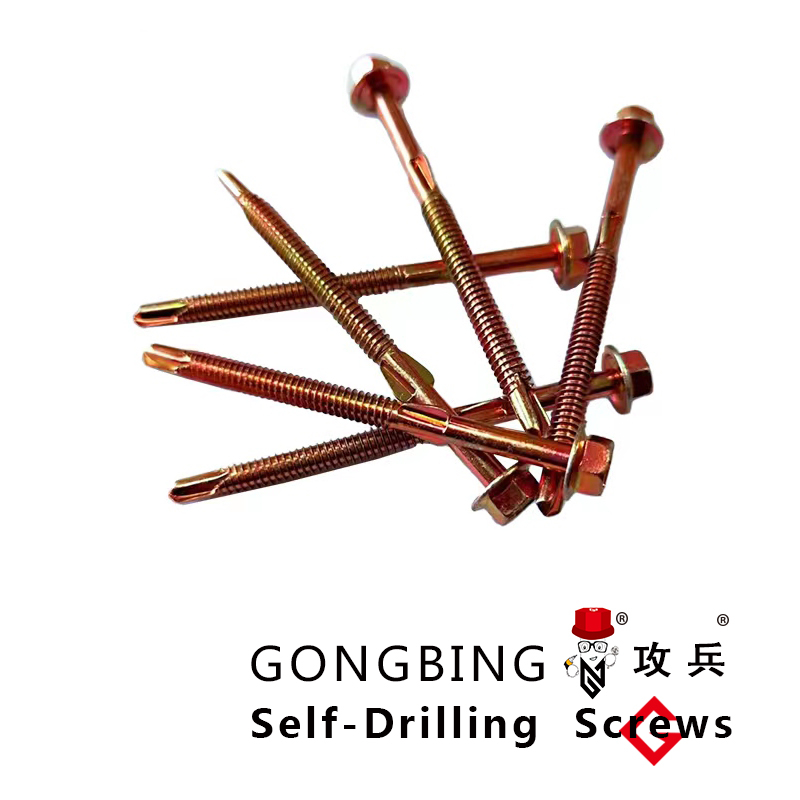chemical grouting bolt
Chemical Grouting Bolts Enhancing Structural Integrity and Stability
In the realm of civil engineering and construction, ensuring the stability and integrity of structures is paramount. One innovative solution that has gained traction in recent years is the use of chemical grouting bolts. This technology not only improves stability but also addresses various challenges associated with soil and rock conditions.
Understanding Chemical Grouting Bolts
Chemical grouting is a process that involves injecting a chemical grout material into the soil or rock surrounding a bolt, creating a solid bond that enhances the bolt's anchoring capabilities. These bolts are typically used in situations where conventional anchoring methods may not suffice, such as in weak soil conditions, fractured rock, or areas prone to groundwater fluctuations.
The chemical grout used can vary based on the specific requirements of the project. It often consists of a mixture of epoxy resins, polyurethane, or other synthetic materials designed to permeate the soil or rock, filling voids and creating a strong, durable bond. This process not only secures the bolt but also improves the surrounding material's load-bearing capacity.
Applications of Chemical Grouting Bolts
Chemical grouting bolts can be applied in numerous scenarios. One common use is in the stabilization of foundation systems for structures, particularly in areas with challenging ground conditions. For example, when erecting buildings on fill areas or soft soil, chemical grouting bolts can be employed to enhance the load distribution and prevent settlement or structural failure.
Another area where these bolts prove beneficial is in the repair and reinforcement of existing structures. In cases where a building or infrastructure has already experienced deterioration due to environmental factors, corrosion, or structural stress, the addition of chemical grouting bolts can provide a much-needed boost to the structure’s integrity. This application is particularly relevant in tunnels, bridges, and dams, where safety and stability are critical.
Moreover, chemical grouting bolts are favored in underground construction and mining operations
. The high-performance characteristics of the grout allow for effective stabilization of tunnels and shafts, reducing the risk of collapse and ensuring worker safety.chemical grouting bolt

Benefits of Chemical Grouting Bolts
One of the most significant advantages of chemical grouting bolts is their versatility. They can be used in various soil and rock types, making them suitable for a wide range of applications. Additionally, the installation process is relatively straightforward, often requiring less time than traditional anchoring systems. This efficiency can lead to reduced labor costs and minimized disruption to ongoing construction activities.
Furthermore, the high strength of chemical grouting materials means that these bolts can withstand substantial loads and adverse environmental conditions. This durability translates into long-term performance and reliability, reducing the need for frequent maintenance or replacements.
Challenges and Considerations
While the benefits of chemical grouting bolts are substantial, some challenges must be considered. The effectiveness of the chemical grout depends significantly on the surrounding conditions, including soil type and moisture levels. Therefore, proper site assessment and material selection are crucial to ensure optimal performance.
Additionally, the environmental impact of chemical grouts cannot be overlooked. Engineers and contractors must be mindful of the materials used and ensure that they comply with environmental regulations to prevent soil and water contamination.
Conclusion
Chemical grouting bolts represent a significant advancement in construction and engineering practices, providing robust solutions for enhancing the stability of structures. Their unique ability to secure bolting systems in challenging conditions makes them indispensable tools in modern construction. As technology continues to evolve, the effectiveness and application of chemical grouting bolts are expected to expand, further solidifying their role in ensuring safe and stable infrastructures.
-
Weatherproof Plastic Expansion Anchors for OutdoorNewsJun.06,2025
-
Sustainability in the Supply Chain: Eco-Friendly TEK Screws ProductionNewsJun.06,2025
-
Load-Bearing Capacity of External Insulation FixingsNewsJun.06,2025
-
Double Head Bolts: Enhancing Efficiency in Industrial MachineryNewsJun.06,2025
-
Corrosion Resistance in Chipboard Screws: Coatings for Wholesale DurabilityNewsJun.06,2025
-
Butterfly Toggle Bolts : Enhancing Structural ResilienceNewsJun.06,2025
